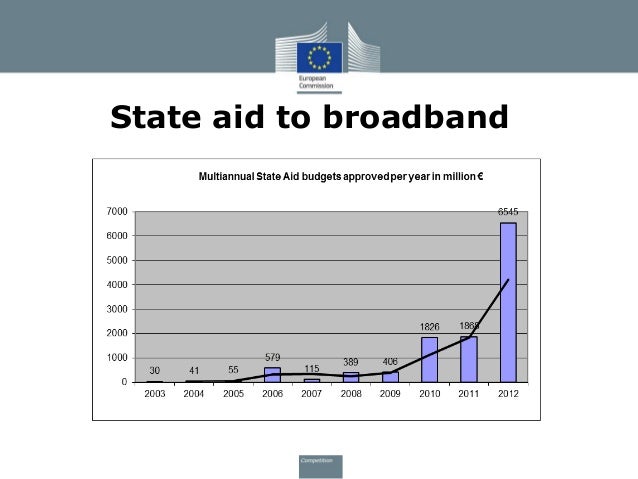Panici and Gliottoni also are indicted on charges of taking bribes from an unidentified lawyer who was a local shareholder in a cable-television franchise.
According to the indictment, Panici met with Gliottoni and LoBue while the cable contract was under study. Panici is alleged to have told the two
``there would be money in it`` for them if they didn`t object to the lawyer, identified in the indictment as ``Attorney A,`` obtaining the cable franchise.
Panici then explained that the three of them could either take a secret part ownership in the local affiliate or receive a payoff upfront of $50,000 each, the indictment says. Gliottoni and LoBue allegedly opted for the quick payoff.
On May 11, 1981, the City Council granted a 15-year cable-TV franchise to Tele-Communications Inc. of Denver.
On Oct. 23, 1981, Attorney A cashed a check for $73,526 at a coin shop in Bremen, Ind., that deals in gold coins.
On dates unknown, Panici gave LoBue gold coins, cash and municipal bonds valued at about $35,000 and told him it all came from Attorney A, the indictment says.
The government also charges that Gliottoni received property valued at about $35,000 from Attorney A.
Robert Thomson, a TCI senior vice president, said Friday that the government has told the company it is not a target of the investigation. TCI brought its concerns about the Chicago Heights franchise to the attention of the FBI in 1985 and voluntarily helped investigators several times since then, Thomson said.

